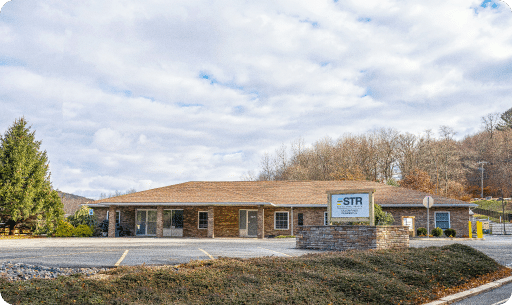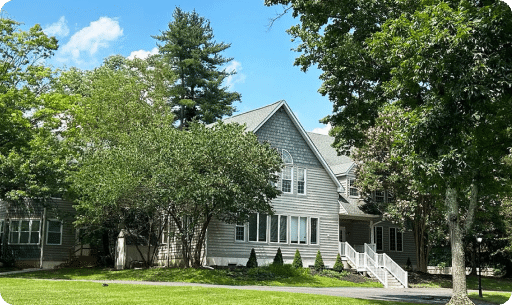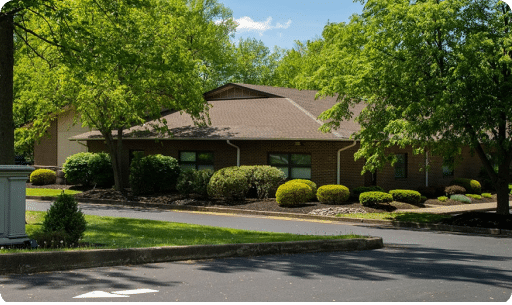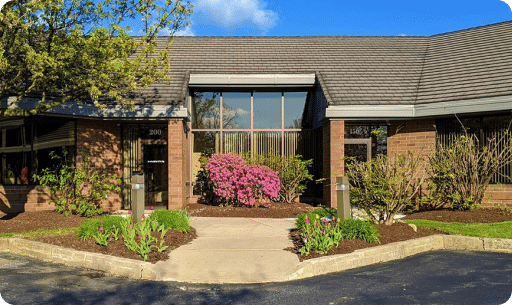Pennsylvania's Top Addiction Treatment Centers
STR Behavioral Health Treatment Programs offers detox, residential, and outpatient treatment for adults of all genders.
Pennsylvania's Top Mental Health and Addiction Treatment Centers
Full Continuum of Care
Our STR Behavioral Health Treatment Programs provide a continuum of care with a whole-person, holistic approach.
Various Payment Options
Inclusive Treatment
Our programs are trauma-informed and accredited by the Human Rights Campaign as a leader in providing LGBTQIA+ services.
About STR Behavioral Health Treatment Programs
Authenticity
Connection
Integrity
What Our Alumni, Their Families, And Clinical Partners Are Saying
– Grateful Alumnus
– Dana C.
– David S.
– Marykate B.
– Brit M.
Locations and Levels of Care
We offer a range of intensity that supports each client’s unique needs on their road to recovery, from detoxification services to outpatient programming.
We work closely with each individual client to find the most suitable fit within our programs.

Silver Pines Residential Treatment
Offers a detox program as well as residential addiction treatment for substance use disorder and dual diagnosis.

Cedar Creek Residential Treatment
Cedar Creek offers residential treatment with individualized, compassionate care for all genders, ages 18 and over, with mental health disorders.

Bucks County
Outpatient Treatment
Offers a partial hospitalization program (PHP), an intensive outpatient program (IOP) with or without housing, and a general outpatient program for addiction, dual diagnosis, and primary mental health disorders.

Lehigh Valley
Outpatient Treatment
Offers a partial hospitalization program (PHP), an intensive outpatient program (IOP), and a general outpatient program for addiction, dual diagnosis, and primary mental health disorders.

Our Treatment Approach


